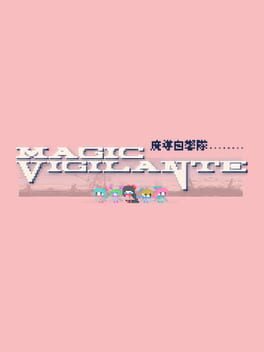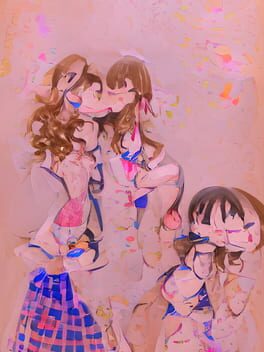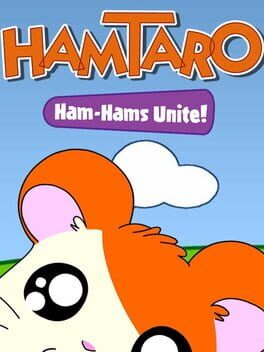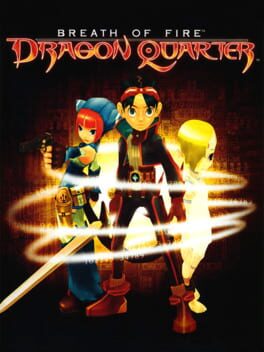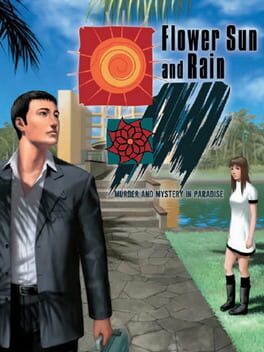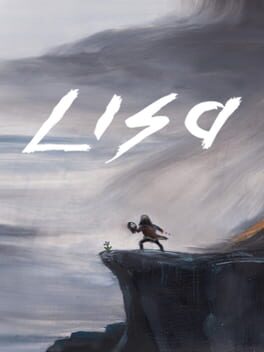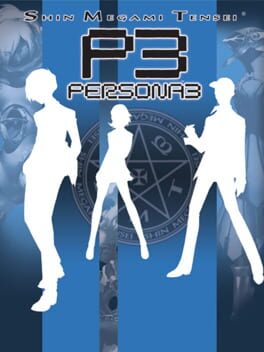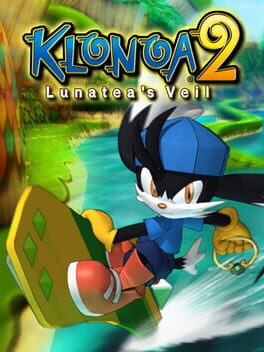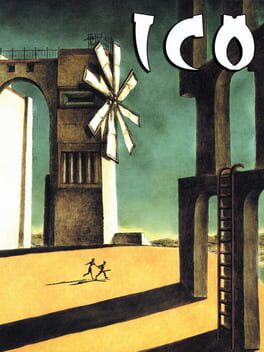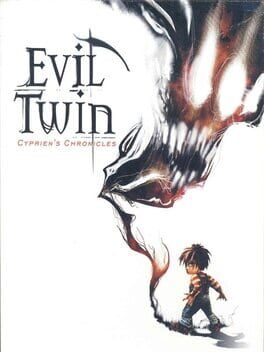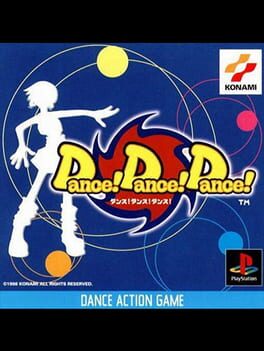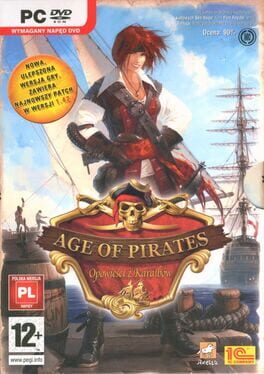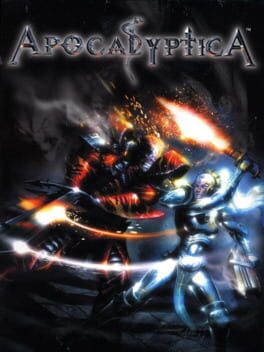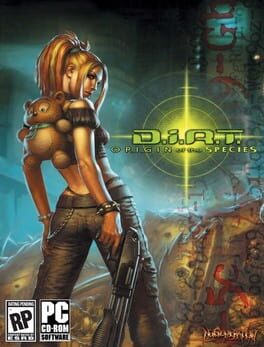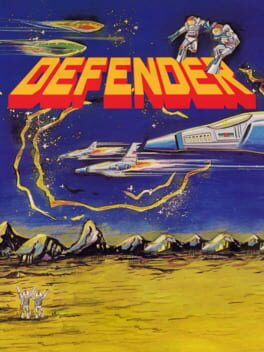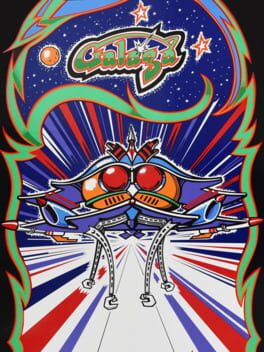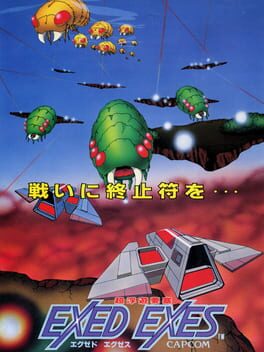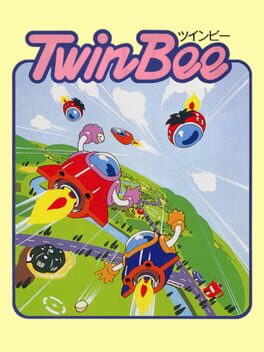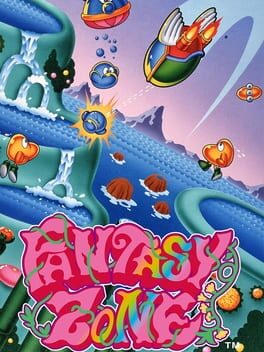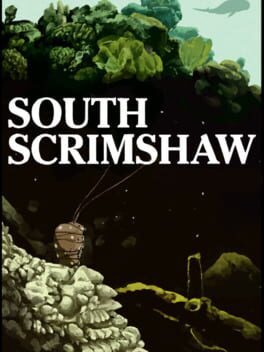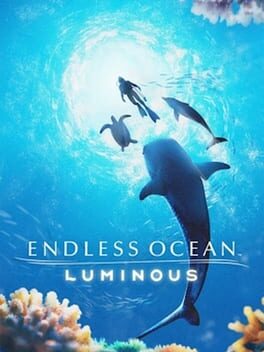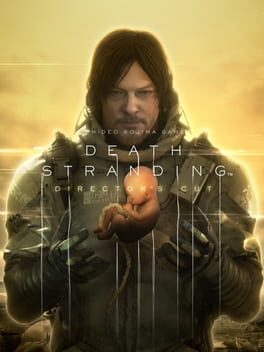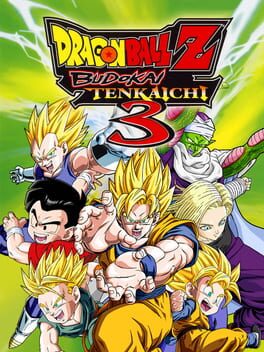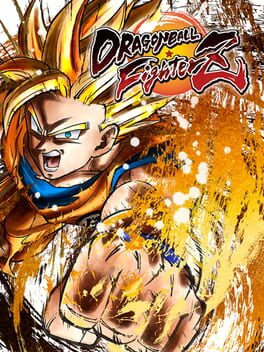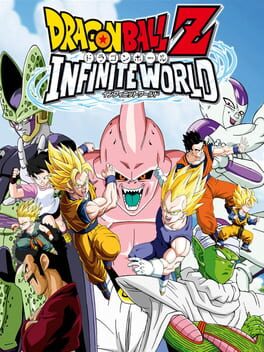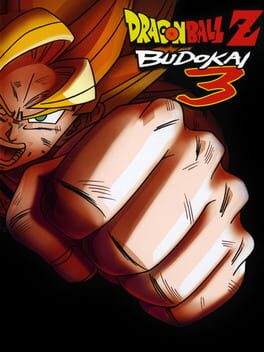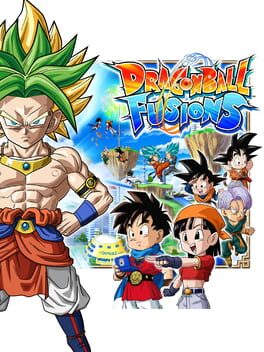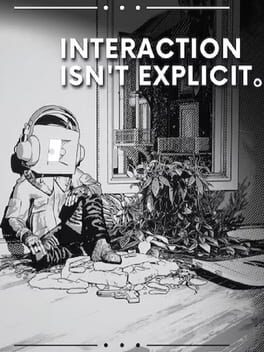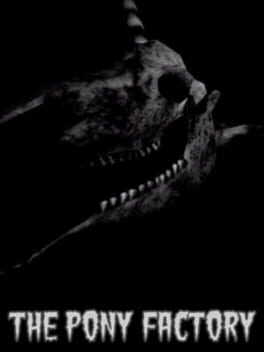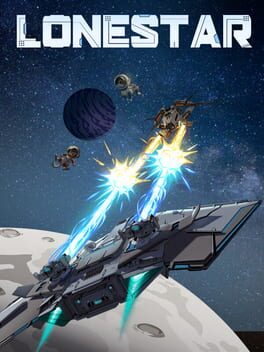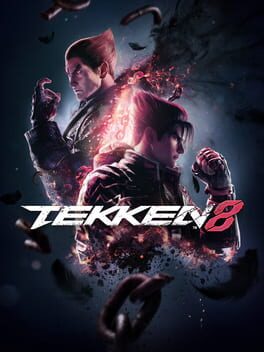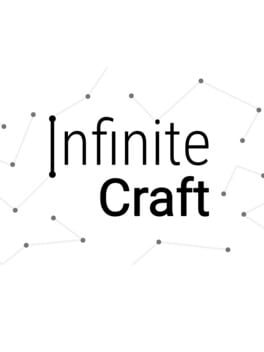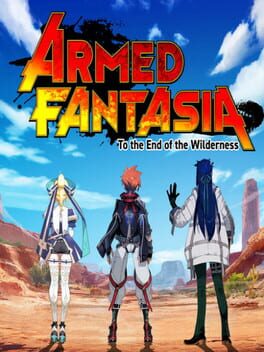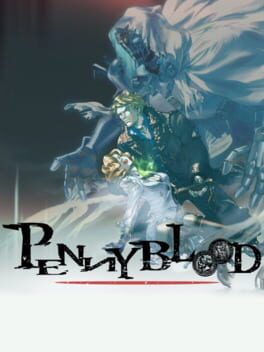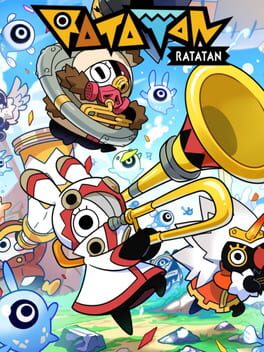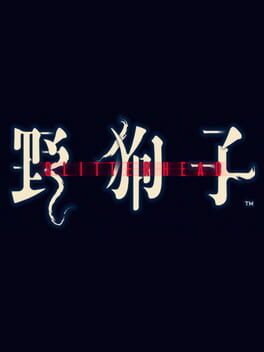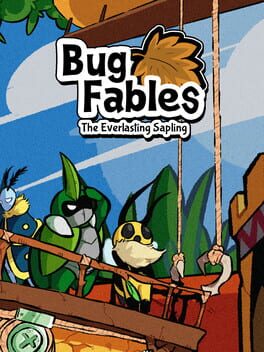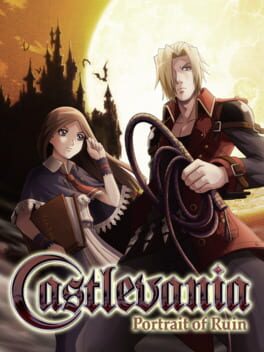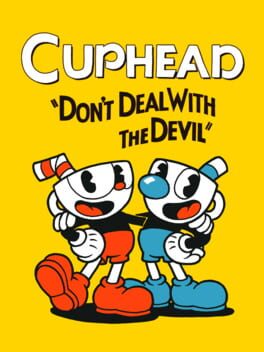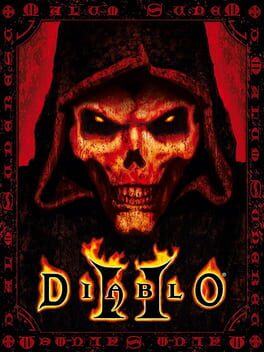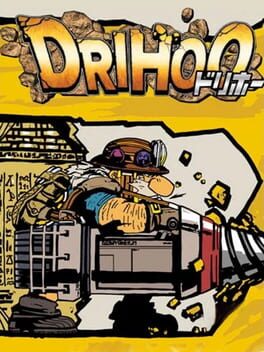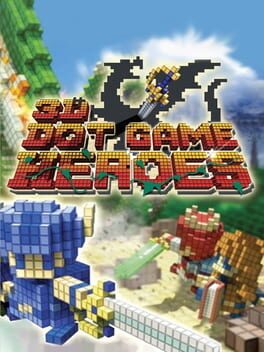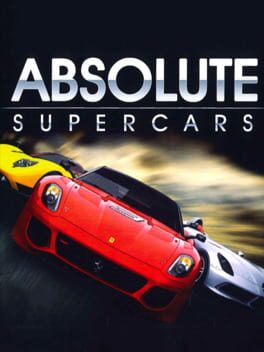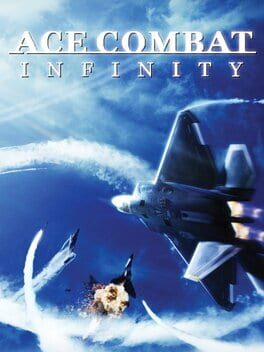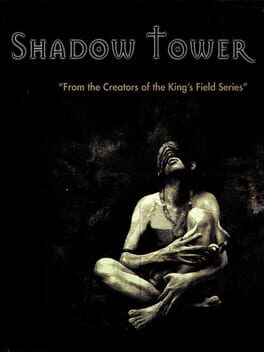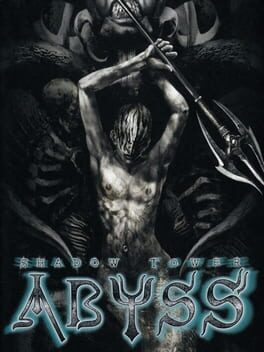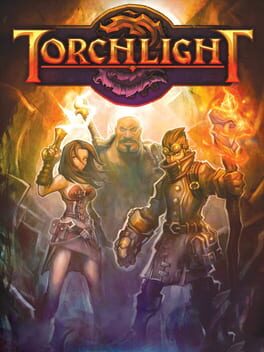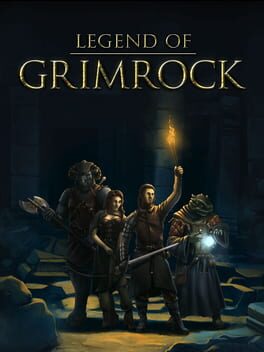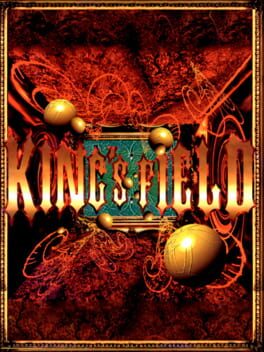ito_
5 reviews liked by ito_
Magic Vigilante
2023
Song Accompaniment
I've only done one cycle using as many continues as I needed, but I'm already convinced this is one of the best titles of the year so far.
A bold stance, so how can I possibly back it up? Well let's start from the difficulty structuring. A lot of SHMUP fans make a big deal about how finishing a game with 0 continues is proof of 'mastery' of the shmup at the bare minimum. That's when you can then properly speak about the mechanics from the standpoint of effective design or not so of course I'm not there. However I do find myself rolling my eyes at this stance because it's an opinion that reifies away the blunt reason for this to exist the way it does in the first place.
See, in the logic of most SHMUPs be it the Cave games or the Touhou franchise, the principle design approach is that you run in with a set number of lives and learn the patterns, die in the process and generally improve. This is all fine and well, with how short SHMUPs are there's a point to be made that it's in fact the main appeal. However, just taking this fact on its face reads as deeply unserious to me: The genuine reason SHMUPs have a 'continue' design in the first place is absolutely to crunch quarters. The genre is heralded for their difficulty on the idea of continuing through failure so you can master it in the reset, but if you step back for a moment it becomes obvious that the reason it's like this at all is because of a desire to play into arcade nostalgia and life design with a certain commercial process. For whatever reason the genre never adapted to early home console life systems, thereby going through a modular difficulty through the accessibility process from there. It never 'tested' out of itself. The translation to how it plays now is fundamentally awkward. As much as I like most of the Touhou games for instance, I hate the raw feeling of play being halted by a continue moment, that 'halt' is literally there for the player to pull a quarter out of their pocket. In a post-arcade era this has been translated to relaxing and finding resolve but since that resolve is usually on the timer there's generally a sense of panic. This is where Magic Vigilante intervenes, offering a slew of difficulties alterations: a modular life system health system that doubles the starting health, stage select, and most crucially a checkpoint based continue system.
On top of all this the designer even openly notes on the Itchio page that "Default value is 4. If you are not particular, I think the maximum value is fine.) Please use it because it recovers to this value when you clear the stage." Thereby openly encouraging the player to play on easy mode and then scale up from there.
For instance it's clear to me how the trajectory of difficulty scaling would work from here, you would play on 9 health until you get good enough to do a no CC run. Then on 8, etc. This along with the stage select allows the player to treat the game less like an endurance test, and more like a rhythm game. This design structure has more in common with being able to practice different movements in the later Guitar Hero titles or Rhythm Heaven than it does with its other genre contemporaries.
That said, SHMUP experts would probably be quick to outline that this random itchio browser title is just the first game I happened to play that does this rather than the first to actually do so, and I certainly concede to that point in advance. However, there's a fair reason to fixate on it anyway: it has a nice domino effect on the power fantasy approach to the genre here. In my view, games that give modular difficulty and encourage playing on an easier mode encourage the treatment of their world and environment as a power fantasy foremost. With a genre all about the fantasy of overwhelming ballistic warfare and competency being built through twitch dodging complex attack patterns, it's a genre almost entirely built for that power fantasy, yet most safeguard it behind the endurance test and I have to admit that I at least, don't typically associate power fantasies with endurance. I'll cut to the chase and say the lo fi magical girl power fantasy is an adorable approach to the genre. The whole experience has you fighting other magical girls and various bunnies in the meantime. The pixelated visuals and simplification of the enemies as red blobs that shoot out red arrows help keep incredible visual clarity, meanwhile the urban street scroll backgrounds. God these backgrounds are beautiful, they are still pixelated but done with a higher level of pixelation than all of the foreground enemies and characters thus allowing for various scrolling effects to happen without being disorienting. It all comes together with grace, feeling like a hazy dream you'd expect from a Cardcaptor Sakura fan.
Finally I will touch on the play mechanics themselves. This is a horizontal SHMUP which admittedly is not something I play often just because they don't generally get recommended. However if I were to hazard why, its likely that having to keep track of bullet patterns horizontally requires more of your peripheral vision thereby filtering the players who already have good periphery already, or forcing people with weak peripheral vision to glimpse back and forth more putting them at a disadvantage. Whereas, vertical shooters have a much more intuitive sense of tracking since the movement of the eye up and down goes faster. Bullet Hell games in general cause a lot less smooth eye pattern movement in particular, that is to say the eye is constantly jumping between points and the points in a vertical space are far easier to intuitate than a horizontal one. I use the terms 'probably' and 'likely' here because I'm not in fact an eye doctor. However, if you want a hypothetical reference point to better understand what I mean, think of how Tetris is laid out, the blocks fall vertical right? Well we could just think of the 'gravity' of Tetris if the game was played sideways as being a game about 'magnets' instead of gravitational measurement. I think you would agree that this Horizontris would be a lot less easy to measure and account for especially if the screen to do so is very large. Less hypothetically I have tended to find that when I play Pacman it's easier to run away from ghosts vertically than horizontally because I can more easily chart my escape route.
The point of this rather strange illustration here is to point out that if this is in any case true it thus explains the vertical dominance in the genre. Therefore it stands to reason that horizontal bullet hells have to in some way justify it through the mechanics. This is where Magic Vigilante shines most then through its main mechanic: Slow down. You build up a slow down meter through beating enemies that you can hold and after a small delay will allow to to more discretely navigate the bullet patterns. If you hold for long enough, you do a powerful counter attack, but it eats more meter in the process. This slowdown actually lasts for a really long time allowing for the player to fully gauge and process the bullets behind the ones you're currently avoiding. On top of this the boss health bar is actually positioned in 2 places, on both sides of the screen allowing for the player to more accurately assess how much more they need to navigate the wave. Finally, the game fixes this through having a wide range of resolution options so you can make the screen smaller or larger to fit your needs. The result is that it allows for a great sense of playfulness that comes from horizontal patterns, giving the odd sense that you are 'squeezing' through the bullets rather than flying past them.
Combine that with an absolutely adorable enemy design, wherein the player is fighting Bunnies and Mice blobs as mini bosses, and a kicking Progressive Electronic Orchestral soundtrack, and I think you have one of the best SHMUPs staring you down in a while! In contrast to the unfortunately benign droll of this write up, the effect is far more minimalist and gorgeous than I let on. It's also far more difficult than I make it sound to. Give it a shot!
I've only done one cycle using as many continues as I needed, but I'm already convinced this is one of the best titles of the year so far.
A bold stance, so how can I possibly back it up? Well let's start from the difficulty structuring. A lot of SHMUP fans make a big deal about how finishing a game with 0 continues is proof of 'mastery' of the shmup at the bare minimum. That's when you can then properly speak about the mechanics from the standpoint of effective design or not so of course I'm not there. However I do find myself rolling my eyes at this stance because it's an opinion that reifies away the blunt reason for this to exist the way it does in the first place.
See, in the logic of most SHMUPs be it the Cave games or the Touhou franchise, the principle design approach is that you run in with a set number of lives and learn the patterns, die in the process and generally improve. This is all fine and well, with how short SHMUPs are there's a point to be made that it's in fact the main appeal. However, just taking this fact on its face reads as deeply unserious to me: The genuine reason SHMUPs have a 'continue' design in the first place is absolutely to crunch quarters. The genre is heralded for their difficulty on the idea of continuing through failure so you can master it in the reset, but if you step back for a moment it becomes obvious that the reason it's like this at all is because of a desire to play into arcade nostalgia and life design with a certain commercial process. For whatever reason the genre never adapted to early home console life systems, thereby going through a modular difficulty through the accessibility process from there. It never 'tested' out of itself. The translation to how it plays now is fundamentally awkward. As much as I like most of the Touhou games for instance, I hate the raw feeling of play being halted by a continue moment, that 'halt' is literally there for the player to pull a quarter out of their pocket. In a post-arcade era this has been translated to relaxing and finding resolve but since that resolve is usually on the timer there's generally a sense of panic. This is where Magic Vigilante intervenes, offering a slew of difficulties alterations: a modular life system health system that doubles the starting health, stage select, and most crucially a checkpoint based continue system.
On top of all this the designer even openly notes on the Itchio page that "Default value is 4. If you are not particular, I think the maximum value is fine.) Please use it because it recovers to this value when you clear the stage." Thereby openly encouraging the player to play on easy mode and then scale up from there.
For instance it's clear to me how the trajectory of difficulty scaling would work from here, you would play on 9 health until you get good enough to do a no CC run. Then on 8, etc. This along with the stage select allows the player to treat the game less like an endurance test, and more like a rhythm game. This design structure has more in common with being able to practice different movements in the later Guitar Hero titles or Rhythm Heaven than it does with its other genre contemporaries.
That said, SHMUP experts would probably be quick to outline that this random itchio browser title is just the first game I happened to play that does this rather than the first to actually do so, and I certainly concede to that point in advance. However, there's a fair reason to fixate on it anyway: it has a nice domino effect on the power fantasy approach to the genre here. In my view, games that give modular difficulty and encourage playing on an easier mode encourage the treatment of their world and environment as a power fantasy foremost. With a genre all about the fantasy of overwhelming ballistic warfare and competency being built through twitch dodging complex attack patterns, it's a genre almost entirely built for that power fantasy, yet most safeguard it behind the endurance test and I have to admit that I at least, don't typically associate power fantasies with endurance. I'll cut to the chase and say the lo fi magical girl power fantasy is an adorable approach to the genre. The whole experience has you fighting other magical girls and various bunnies in the meantime. The pixelated visuals and simplification of the enemies as red blobs that shoot out red arrows help keep incredible visual clarity, meanwhile the urban street scroll backgrounds. God these backgrounds are beautiful, they are still pixelated but done with a higher level of pixelation than all of the foreground enemies and characters thus allowing for various scrolling effects to happen without being disorienting. It all comes together with grace, feeling like a hazy dream you'd expect from a Cardcaptor Sakura fan.
Finally I will touch on the play mechanics themselves. This is a horizontal SHMUP which admittedly is not something I play often just because they don't generally get recommended. However if I were to hazard why, its likely that having to keep track of bullet patterns horizontally requires more of your peripheral vision thereby filtering the players who already have good periphery already, or forcing people with weak peripheral vision to glimpse back and forth more putting them at a disadvantage. Whereas, vertical shooters have a much more intuitive sense of tracking since the movement of the eye up and down goes faster. Bullet Hell games in general cause a lot less smooth eye pattern movement in particular, that is to say the eye is constantly jumping between points and the points in a vertical space are far easier to intuitate than a horizontal one. I use the terms 'probably' and 'likely' here because I'm not in fact an eye doctor. However, if you want a hypothetical reference point to better understand what I mean, think of how Tetris is laid out, the blocks fall vertical right? Well we could just think of the 'gravity' of Tetris if the game was played sideways as being a game about 'magnets' instead of gravitational measurement. I think you would agree that this Horizontris would be a lot less easy to measure and account for especially if the screen to do so is very large. Less hypothetically I have tended to find that when I play Pacman it's easier to run away from ghosts vertically than horizontally because I can more easily chart my escape route.
The point of this rather strange illustration here is to point out that if this is in any case true it thus explains the vertical dominance in the genre. Therefore it stands to reason that horizontal bullet hells have to in some way justify it through the mechanics. This is where Magic Vigilante shines most then through its main mechanic: Slow down. You build up a slow down meter through beating enemies that you can hold and after a small delay will allow to to more discretely navigate the bullet patterns. If you hold for long enough, you do a powerful counter attack, but it eats more meter in the process. This slowdown actually lasts for a really long time allowing for the player to fully gauge and process the bullets behind the ones you're currently avoiding. On top of this the boss health bar is actually positioned in 2 places, on both sides of the screen allowing for the player to more accurately assess how much more they need to navigate the wave. Finally, the game fixes this through having a wide range of resolution options so you can make the screen smaller or larger to fit your needs. The result is that it allows for a great sense of playfulness that comes from horizontal patterns, giving the odd sense that you are 'squeezing' through the bullets rather than flying past them.
Combine that with an absolutely adorable enemy design, wherein the player is fighting Bunnies and Mice blobs as mini bosses, and a kicking Progressive Electronic Orchestral soundtrack, and I think you have one of the best SHMUPs staring you down in a while! In contrast to the unfortunately benign droll of this write up, the effect is far more minimalist and gorgeous than I let on. It's also far more difficult than I make it sound to. Give it a shot!
Special girls
2020
Ico
2001
The messenger, the oldest and most widespread role in video games.
Communication condensed in a small, fleeting and adorable society like the hamsters themselves
Director Mariko Yumoto hints at delicacy by treating and demanding understanding from NPCs in a manner similar to Love-the-lic games in an approach more focused on small interaction commands than time and space.
Even so, the game is very small and calls for expansion in concept, but the small achievement of being able to encapsulate slang communication with delicacy and rhythm in a game that (probably) was aimed at children is admirable.
Communication condensed in a small, fleeting and adorable society like the hamsters themselves
Director Mariko Yumoto hints at delicacy by treating and demanding understanding from NPCs in a manner similar to Love-the-lic games in an approach more focused on small interaction commands than time and space.
Even so, the game is very small and calls for expansion in concept, but the small achievement of being able to encapsulate slang communication with delicacy and rhythm in a game that (probably) was aimed at children is admirable.
Half of the review is obvious thoughts on the genre of the jrpgs to give some context
"This is a tiny tale of time"
A colorful punk brushstroke in the genre "JRPG". DRAGON QUARTER (DQ) was born as a response to its own saga and its own anthology, sticking to its more classic elements but readjusting the more established elements that seem to be stylistic features of a genre. that, at the end of the day, they are just comforts;
World.
Time.
Combat.
Movement.
economy.
Drama.
Difficulty.
Trips.
Although I have always had a lot of affection for the cities of Japanese RPGs, the worlds they build seem to me like a lie, not diegetically, but as a sensation entirely. Normally these "worlds" due to their abstract nature born from 2D pixels are flat fields painted with deserts, plains, gorges, whatever you want, but their scale and ability to navigate never changes or affects, perhaps by convention, perhaps because RPGs are already too numerical and schematized to add more nuances to a navigation that, although it has aesthetic detail, is a process between combats and drama, which are also insufficient to transmit something cohesive, since the combats are usually linked to the context of the drama. In JRPGS, the characters are usually forced to travel the world as they become a kind of misunderstood fugitives for whatever reasons, they are in constant tension, sometimes pursued or in a race against time and they are supposed to be travelers, with resources and cargo. limited. curiously, the player can take all the time in the world, can go wherever he wants (with relative freedom), the combat is relaxed with enough resources and time does not advance, there is also nothing that translates or symbolizes some kind of mental or spiritual fatigue, if there are mana tonics and potions and such but that shouldn't cure stress or fear. And one thing, the protagonists, usually kids with great hearts, eager or not for adventure and wanting to discover the world, ambitious but without a clear vision of how the world works and how they want to be part of it ... Or depressed boys because Their giant and extremely cool sword weighs too much or the spikes of their hairstyles are not very perfect, whatever.
All of this will sound like obvious points, but exemplifications of some problems that lead to dissonant experiences for me, which should be an exciting and emotional adventure through a magitechnological world in which danger and joy come together and innocence gives way to Maturity ends up being a smooth and comfortable walk through a flat field where everything is static and the drama tries to deceive me, and all because JRPGs are supposed to be like that, that's the way the genre is.
Dragon Quarter (DQ) seems to be aware of this dissonant base and chooses to eliminate the "JRPG world" and its approach as it is popularly known, but sticking to some of the rules of the game.
it begins by eliminating the world, it does not exist. There are no green meadows or blue skies as far as the eye can see with a city looming around the corner, because there is not even a sky in the world that DQuarter takes place. people are forced to live in an underground world as deep as it is depressing, there are hardly any resources or space, the air is almost a precious commodity and only a dictated community order is what seems to work. It is not a world, but a succession of interconected corridors neither freedom nor space, there are no real cities or safe havens at all. In the middle of this dystopia is the protagonist, a young cop named Ryu (like all the protagonists of the BoF saga https://bof.fandom.com/wiki/Ryu) disappointed with life and living in the shadow of his friend ( cliche). During a mission he discovers that the government is experimenting with a girl (https://bof.fandom.com/wiki/Nina), he decides to rescue her and flee with her, acquiring the power to transform into a human-dragon hybrid that it becomes almost invincible, but with a high price to pay for abusing it.
With this starting point DQuarter establishes a drama accompanied by its mechanics and its formalities.
We are fleeing from a government and its army with powerful generals (bosses) crossing a world full of monsters, so taking distance between the pursuers and the obstacles seems to be the most sensible thing, the director Makoto Ikehara and his team opts to raise the difficulty and design a combat around space and the management of movement and resources, but without a board or squares, all on a proportional scale and moving away from pseudonaturalist spaces where to position correctly and wisely use the skills to efficiently attack groups of enemies and exploit improvised strategies to generate distance with us and between them is the key to survival, (combat has more complexities, but it is worth discovering them for yourself). But the most important element and that symbolizes both the urgency of time, and the deterioration of the group (those things that JRPGs tend to ignore) It's the D-Counter mechanic, which regulates the player's usage of the dragon transformation ability, penalizing and eventually punishing overuse of dragon related abilities. If the D-Counter reaches 100% before a certain event in the game, the player will receive a game over, so they can go back to the last save point or start the game again keeping all the equipment and experience, however When starting the trip again, new scenes and dialogues will appear revealing little by little, and with each defeat the truth about everything that is happening and suggesting more consistently the value of accepting defeat as opposed to those JRPGs with blue skies that seem to want to avoid let the player experience it.
DQuarter replaces joy and color for oppression and lack of natural sunlight, it is a game that replaces the simplicity of the classic turn-based combat system with a complex balance of movement, combo strings of attacks with various properties and is not afraid of being difficult or brutal, or remind you that death constantly stalks you through a HUD number. is not afraid to deliver a Cheat Code in the form of mechanics or risky narrative approaches.
It's a gutsy game in a very stagnant genre and an imperfect (lol) masterpiece, and its end, could not be anything other than a sight of a blue sky.
"This is a tiny tale of time"
A colorful punk brushstroke in the genre "JRPG". DRAGON QUARTER (DQ) was born as a response to its own saga and its own anthology, sticking to its more classic elements but readjusting the more established elements that seem to be stylistic features of a genre. that, at the end of the day, they are just comforts;
World.
Time.
Combat.
Movement.
economy.
Drama.
Difficulty.
Trips.
Although I have always had a lot of affection for the cities of Japanese RPGs, the worlds they build seem to me like a lie, not diegetically, but as a sensation entirely. Normally these "worlds" due to their abstract nature born from 2D pixels are flat fields painted with deserts, plains, gorges, whatever you want, but their scale and ability to navigate never changes or affects, perhaps by convention, perhaps because RPGs are already too numerical and schematized to add more nuances to a navigation that, although it has aesthetic detail, is a process between combats and drama, which are also insufficient to transmit something cohesive, since the combats are usually linked to the context of the drama. In JRPGS, the characters are usually forced to travel the world as they become a kind of misunderstood fugitives for whatever reasons, they are in constant tension, sometimes pursued or in a race against time and they are supposed to be travelers, with resources and cargo. limited. curiously, the player can take all the time in the world, can go wherever he wants (with relative freedom), the combat is relaxed with enough resources and time does not advance, there is also nothing that translates or symbolizes some kind of mental or spiritual fatigue, if there are mana tonics and potions and such but that shouldn't cure stress or fear. And one thing, the protagonists, usually kids with great hearts, eager or not for adventure and wanting to discover the world, ambitious but without a clear vision of how the world works and how they want to be part of it ... Or depressed boys because Their giant and extremely cool sword weighs too much or the spikes of their hairstyles are not very perfect, whatever.
All of this will sound like obvious points, but exemplifications of some problems that lead to dissonant experiences for me, which should be an exciting and emotional adventure through a magitechnological world in which danger and joy come together and innocence gives way to Maturity ends up being a smooth and comfortable walk through a flat field where everything is static and the drama tries to deceive me, and all because JRPGs are supposed to be like that, that's the way the genre is.
Dragon Quarter (DQ) seems to be aware of this dissonant base and chooses to eliminate the "JRPG world" and its approach as it is popularly known, but sticking to some of the rules of the game.
it begins by eliminating the world, it does not exist. There are no green meadows or blue skies as far as the eye can see with a city looming around the corner, because there is not even a sky in the world that DQuarter takes place. people are forced to live in an underground world as deep as it is depressing, there are hardly any resources or space, the air is almost a precious commodity and only a dictated community order is what seems to work. It is not a world, but a succession of interconected corridors neither freedom nor space, there are no real cities or safe havens at all. In the middle of this dystopia is the protagonist, a young cop named Ryu (like all the protagonists of the BoF saga https://bof.fandom.com/wiki/Ryu) disappointed with life and living in the shadow of his friend ( cliche). During a mission he discovers that the government is experimenting with a girl (https://bof.fandom.com/wiki/Nina), he decides to rescue her and flee with her, acquiring the power to transform into a human-dragon hybrid that it becomes almost invincible, but with a high price to pay for abusing it.
With this starting point DQuarter establishes a drama accompanied by its mechanics and its formalities.
We are fleeing from a government and its army with powerful generals (bosses) crossing a world full of monsters, so taking distance between the pursuers and the obstacles seems to be the most sensible thing, the director Makoto Ikehara and his team opts to raise the difficulty and design a combat around space and the management of movement and resources, but without a board or squares, all on a proportional scale and moving away from pseudonaturalist spaces where to position correctly and wisely use the skills to efficiently attack groups of enemies and exploit improvised strategies to generate distance with us and between them is the key to survival, (combat has more complexities, but it is worth discovering them for yourself). But the most important element and that symbolizes both the urgency of time, and the deterioration of the group (those things that JRPGs tend to ignore) It's the D-Counter mechanic, which regulates the player's usage of the dragon transformation ability, penalizing and eventually punishing overuse of dragon related abilities. If the D-Counter reaches 100% before a certain event in the game, the player will receive a game over, so they can go back to the last save point or start the game again keeping all the equipment and experience, however When starting the trip again, new scenes and dialogues will appear revealing little by little, and with each defeat the truth about everything that is happening and suggesting more consistently the value of accepting defeat as opposed to those JRPGs with blue skies that seem to want to avoid let the player experience it.
DQuarter replaces joy and color for oppression and lack of natural sunlight, it is a game that replaces the simplicity of the classic turn-based combat system with a complex balance of movement, combo strings of attacks with various properties and is not afraid of being difficult or brutal, or remind you that death constantly stalks you through a HUD number. is not afraid to deliver a Cheat Code in the form of mechanics or risky narrative approaches.
It's a gutsy game in a very stagnant genre and an imperfect (lol) masterpiece, and its end, could not be anything other than a sight of a blue sky.
151 lists liked by ito_
by sondi |
218 Games
by trailerwaif |
13 Games
by totolecc |
28 Games
by Xator_Nova |
55 Games
by Nyo |
7 Games
by Bells |
50 Games
by psychbomb |
258 Games
by Snigglegros |
75 Games
